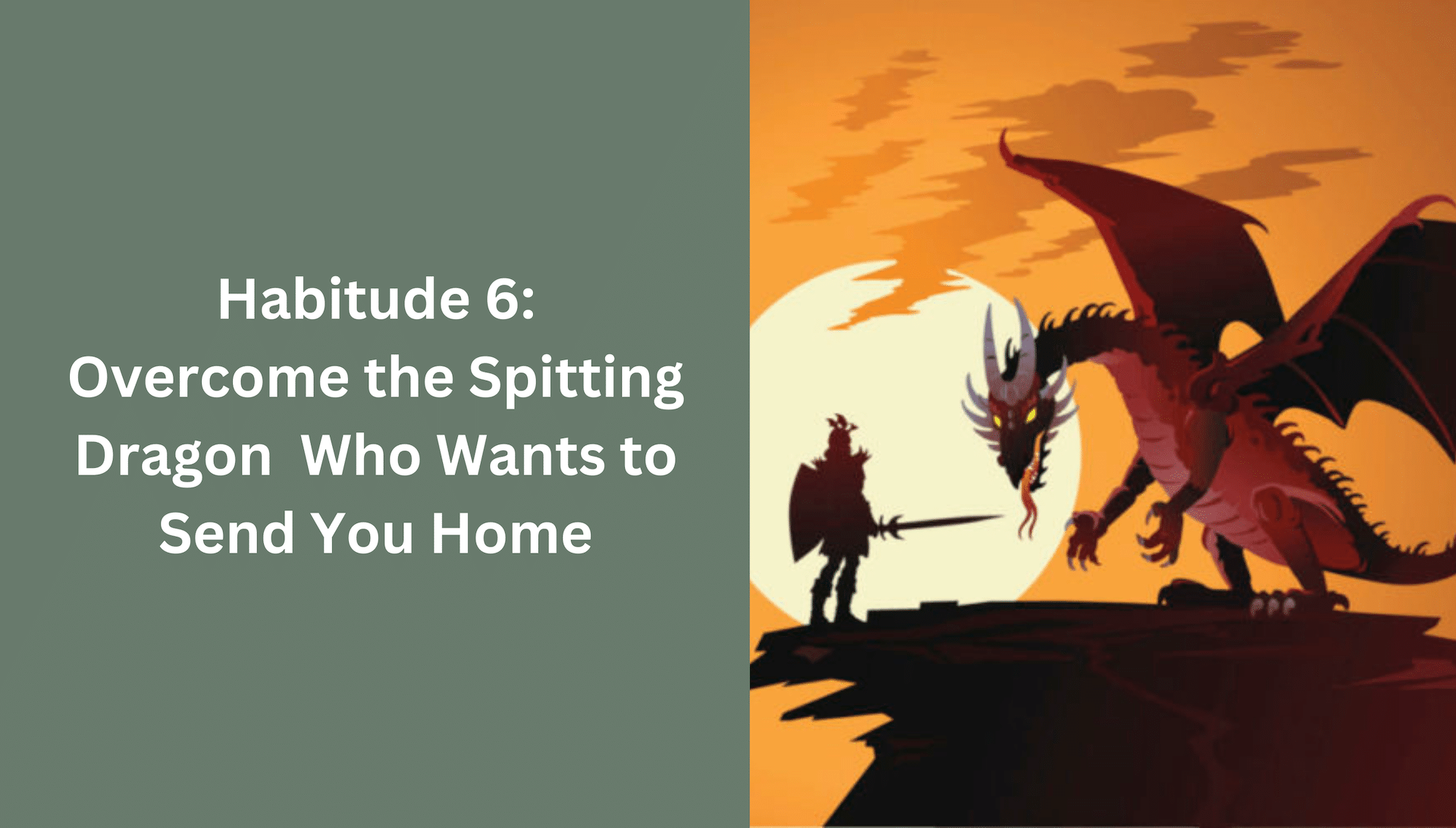By Jean Johnson
When serving in Cambodia as a vocational missionary, I saw many missionaries come and go. I used to call Cambodia “the spitting dragon,” because it chewed people up and spit them out.
In the early 90s, post-genocide Cambodia was not an easy place to live, and it had a way of grinding down marriages, teams, peace of mind, hope, health, and more. People who were not confident in God’s love for them personally were the first to be sent home by the dragon.
When we feel like the tropical heat has drained every ounce of our energy; when shots ring out in our neighborhood almost daily; when language mistakes keep us feeling stupid, cultural mores continually confuse us, and people back home want reports of amazing results—we begin to doubt God’s love for us, and thus we find no other alternative than to succumb to the dragon.
In seasons when the whole cross-cultural package wears us thin, relying on the love of God is our staying power. When I sense that God loves me, I can get through just about anything. On the flip side, if I don’t sense the nearness of my loving God, I can barely get through anything.
John writes, “And so we know and rely on the love God has for us” (1 John 4:16).
Know God’s love. . . sure, I can do that easily enough. But rely on his love? Not so easy.
So how can we sharpen the habitude of knowing and relying on the love God has for us? Honestly, I’m not sure. If God were human, I would lay my head in his lap or ask him to take me out for a date night to share life over coffee and French silk pie. I would grab his strong, mighty hand and let him lead me across difficult terrain. But all this reliance relies on my five human senses: taste, sight, touch, smell, and sound.
And yes, I know—God can speak, and I can hear him. But if we are honest, hearing and relating are more complex, mysterious, and indistinct when we are relating to God, who is Divine and who is Spirit, than when we are relating to our fellow human beings.
Even John, who wrote three letters with the word love repeated over and over, hung out with Jesus in skin. John, also, writes, “That which was from the beginning, which we have heard, which we have seen with our eyes, which we have looked at and our hands have touched—this we proclaim concerning the Word of life” (I John 1:1).
John and Jesus did have meals together. They did have talks late into the night. John smelt Jesus’s strength through his sweat pores. John saw Jesus show love to people of every walk of life. John heard Jesus speak of his love and saw him die because of his love.
But let’s not use that to dismiss the possibility of our own closeness to God. The cool thing is that John is writing to those who didn’t hang out with Jesus in skin. It is possible for us to know and rely on the love of God.
What can we learn from John to sharpen this staying power habitude—a habitude that makes the spitting dragon cower in the corner, the attitude and habit of relying on God’s love?
To Sharpen This Habitude:
- Fully realize that you did make the draft. John wrote his letters to let us know that we made the team: “We proclaim to you what we have seen and heard, so that you also may have fellowship with us. And our fellowship is with the Father and with his Son, Jesus Christ” (I John 1:3).
- Don’t claim to be perfect; rather, confess your sins (I John 1:8–9). It’s an out-of-the-box way to rely on God’s love, and it works. God, I confess I don’t want to be in this exhausting, sweaty, seemingly eternal traffic jam anymore.
- Would you be willing to help complete this list—to write your ideas, experiences, and lessons gleaned from John in the comments of this blog? We need to help one another know and rely on God’s love for us, especially when we feel the dragon chomping down.
*DAY 1 affects DAY 100 is part of Five Stones Global’ branding and a quote from the book We Are Not The Hero: A Missionary’s Guide For Sharing Christ, Not a Culture of Dependency
Check out the brand new We Are Not The Hero Participant’s Guide and Videos (new material)
Revisit Habitudes 1-5.
Revisit Introduction to DAY 1 affects DAY 100 Habitudes.


